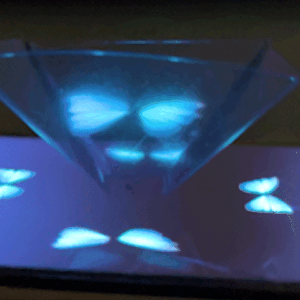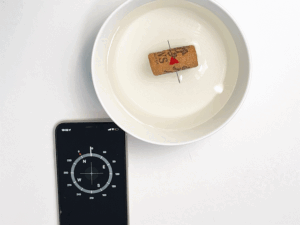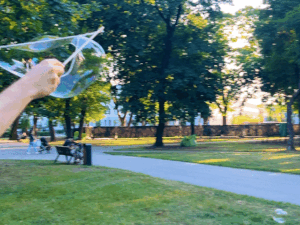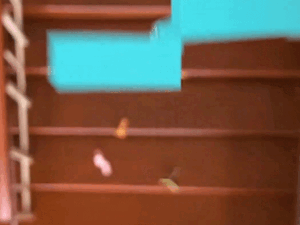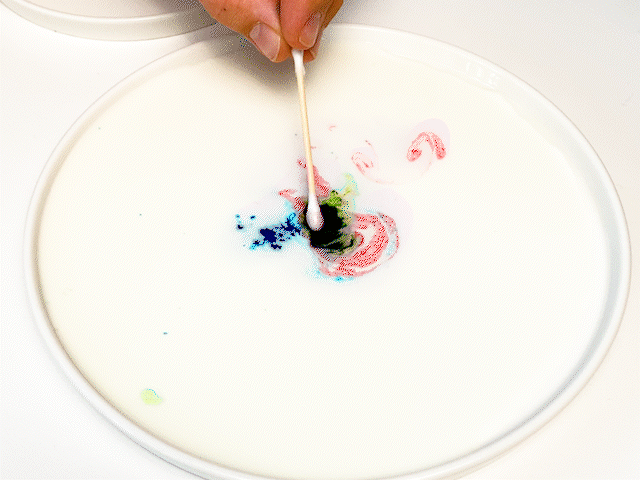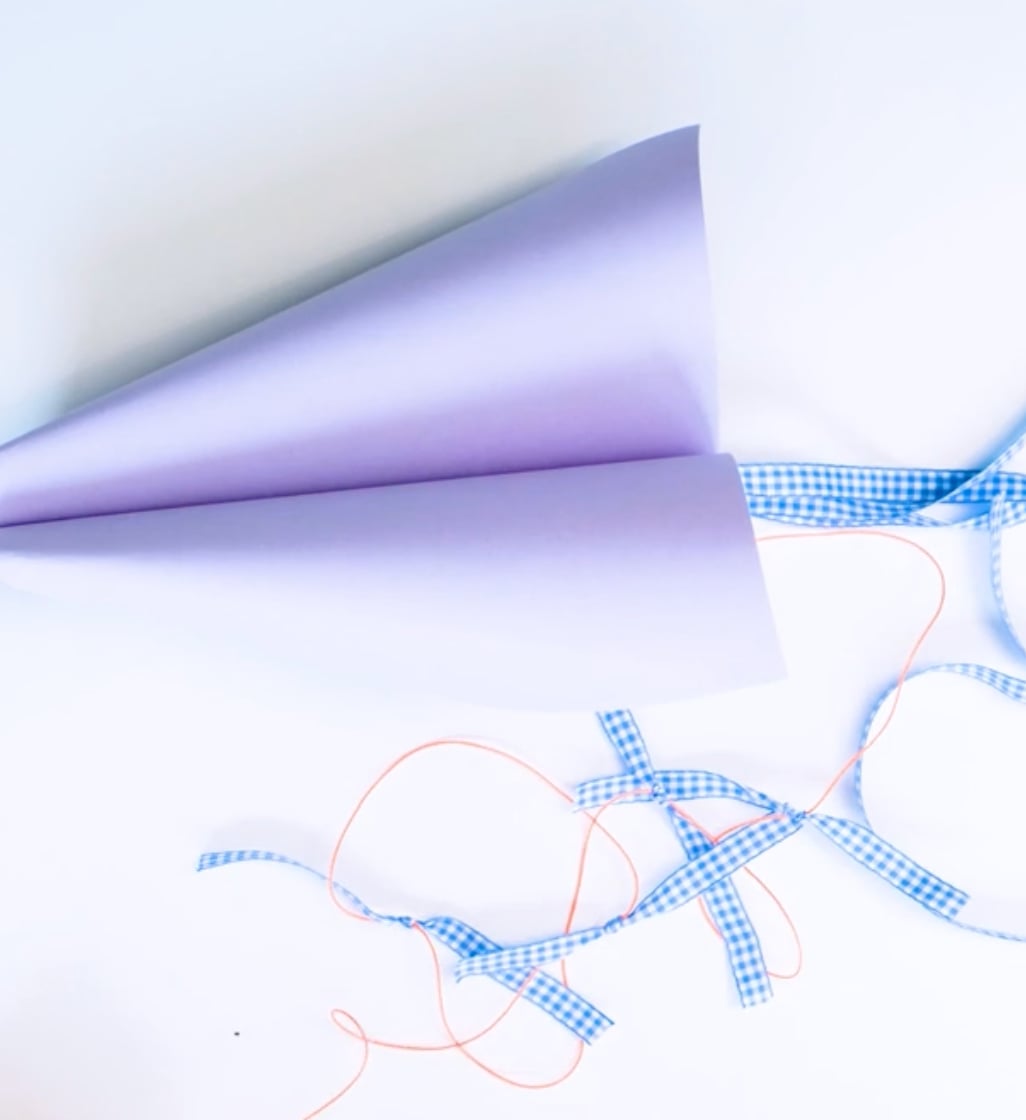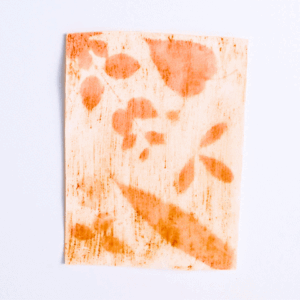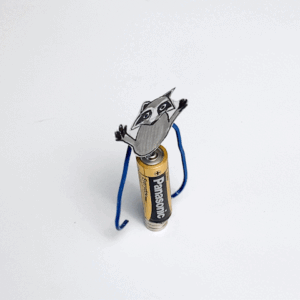
Dancing spinner
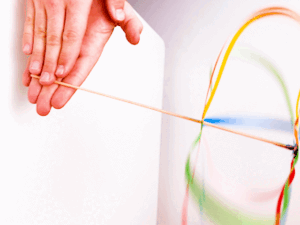
5-9 y.o.
Average
10-15 min
For the experiment, you will need:
- Wooden stick
- Colored paper
- Scissors
- Glue
1. Prepare
Prepare the necessary materials for the experiment.
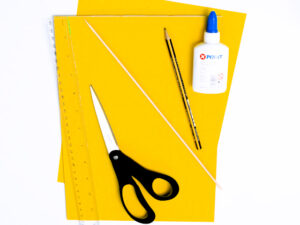
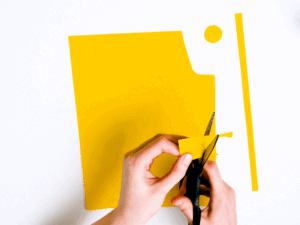
2. Cutting
Cut out 8 paper strips that are 1 cm wide and 21 cm long, and two circles.

3. Gluing the strips
Glue one edge of the stripes to one circle, like the sun’s rays.

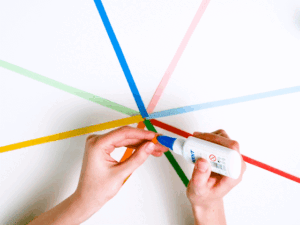
4. Paper ball
Glue the other edge of the strips to the second circle by analogy.

5. Piercing the ball
Pierce one circle through the middle with a wooden skewer (stick).
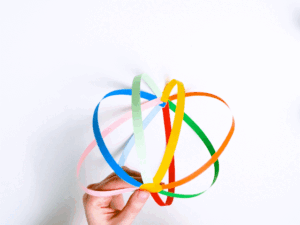

6. Cutting
Cut out a small paper rectangle, cut one side of it as finely as possible to the middle, as depicted in the photo.

7. Putting together
Grease the uncut end of the rectangle with glue and roll it on the end of a wooden skewer. Fold the cut side of the rectangle outwards and glue it to the second circle.


8. Dancing spinner
Turning the free end of the skewer between your palms, observe how the stripes change shape.

How does it work?
Fast moving objects prefer to move, as far as possible, in a straight line. But sometimes they can’t do it. For example, when a fast-moving ball is attached with a string to the pole. The ball tries to move straight, but the string does not allow it. The centrifugal force that has arisen here forces the ball to move in a circle. The higher the speed at which the ball rotates, the more it will rise to the top, because it will want to break away as sharply as possible from the pole holding it, trying to maintain the path of movement as straight as possible.

